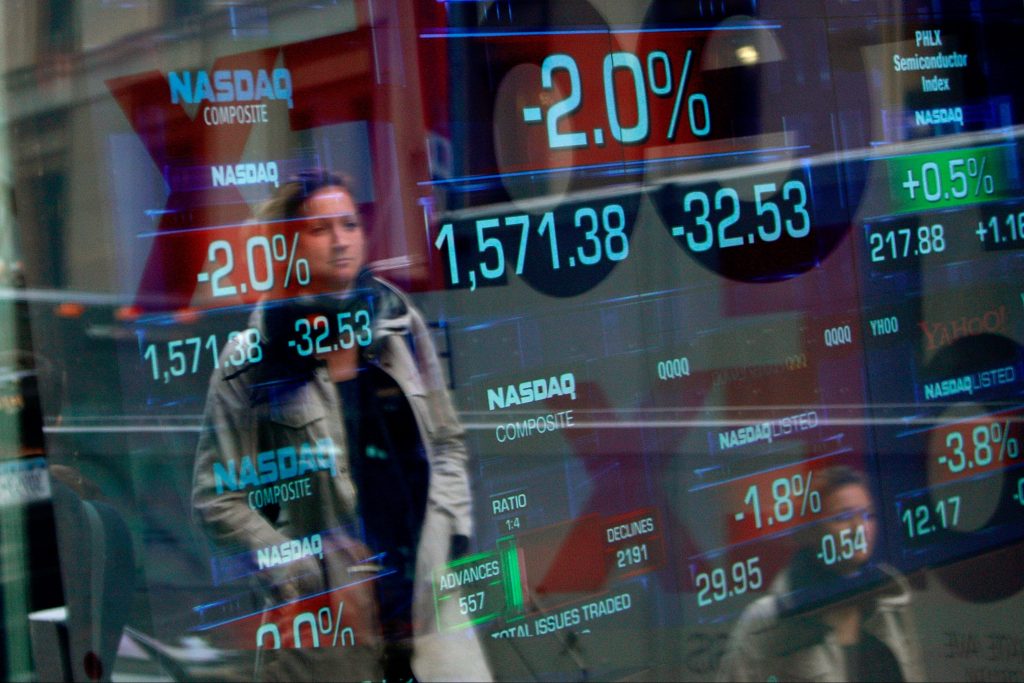Failure to establish or monitor rules for a trader incentive program, and in turn a failure to disclose details of the scheme as required by the regulator, has resulted in a $22m civil monetary penalty for Nasdaq Futures, Inc, from the Commodity Futures Trading Commission (CFTC).
The (CFTC) issued an order that found Nasdaq Futures operated a market for energy commodity futures contracts from July 2015-2018, but failed to properly establish, monitor, or enforce rules related to an incentive program it offered to certain traders on this designated market. That market was de-registered with the CFTC in 2020.
The order also finds Nasdaq Futures did not fully disclose this incentive program’s details to the CFTC or the public consistent with the requirements of the CTC’s regulations and that it made false and misleading statements to the CFTC regarding the incentive program.
Perks for certain traders
Under Nasdaq’s program, market makers and certain customers received payments based on the total volume of contracts they traded. But Nasdaq Futures’ rule submissions to the CFTC regarding its incentive programs omitted or explicitly denied the existence of a volume-based incentive as part of the DMM program.
In addition, the CFTC alleges that when interviewed by CFTC staff about whether the business paid its Designated Market Maker (DMM) program participants for trade volume – an added incentive payment beyond its regular monthly stipend to market makers – Nasdaq Futures’ employees repeatedly stated there was no volume-based incentive component to the DMM program.
“Nasdaq Futures, Inc reasonably should have known all such denials, statements, and omissions were false and misleading at the time,” the CFTC said in its order.
In its order, the CFTC largely made references to its Regulation Part 38, which outlines the rules pertaining to designated contract markets.
Compliance and legal staff members
The CFTC mentions the company’s legal and compliance staff in its order by noting that in late 2016, the CFTC’s Division of Market Oversight (DMO) began conducting a review of Nasdaq Futures’ operations. As part of this review, several senior members of its compliance and legal teams were interviewed by DMO staff.
Although Nasdaq Futures was aware of the topics that would be covered during these interviews, the CFTC said that the company did not take a appropriate steps to ensure that its employees were knowledgeable as to those topics; and the legal and compliance personnel interviewed were not aware of the volume-based payments to certain DMM program participants.
Instead, they “repeatedly stated that there was no volume-based component to the DMM program, including by representing to Commission staff that ‘our incentive programs are not volume based at all.’”
“The CFTC’s standard is apparently that everyone must know everything everywhere all at once.”
CFTC Commissioner Caroline Pham, dissenting
Nasdaq Futures reasonably should have known such statements were false and misleading at the time it made those statement, the CFTC said.
Those individuals from the legal and compliance departments who had been interviewed are not a part of any CFTC action; the agency only brought charges against the company.
Dissenting
CFTC Commissioner Caroline Pham issued a dissent, defending the unnamed legal and compliance personnel referred to in the CFTC’s order: “[T]his settlement continues the CFTC’s campaign against highly respected legal and compliance professionals by slapping on allegations of making false statements even when information was provided honestly to the best of their knowledge in good faith and without intent to defraud. The CFTC’s standard is apparently that everyone must know everything everywhere all at once.”













